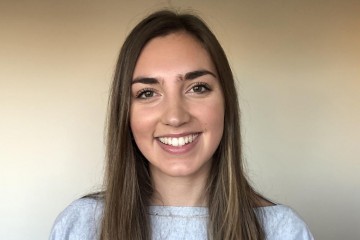Fellowship
Preclinical Radiomics: A novel approach linking imaging with biological outcomes in mouse models

At a glance
Completed
Award date
December 2021 - December 2023
Grant amount
£122,893
Principal investigator
Dr Kathryn Brown
Institute
Queen's University Belfast
R
- Reduction
Read the abstract
View the grant profile on GtR
